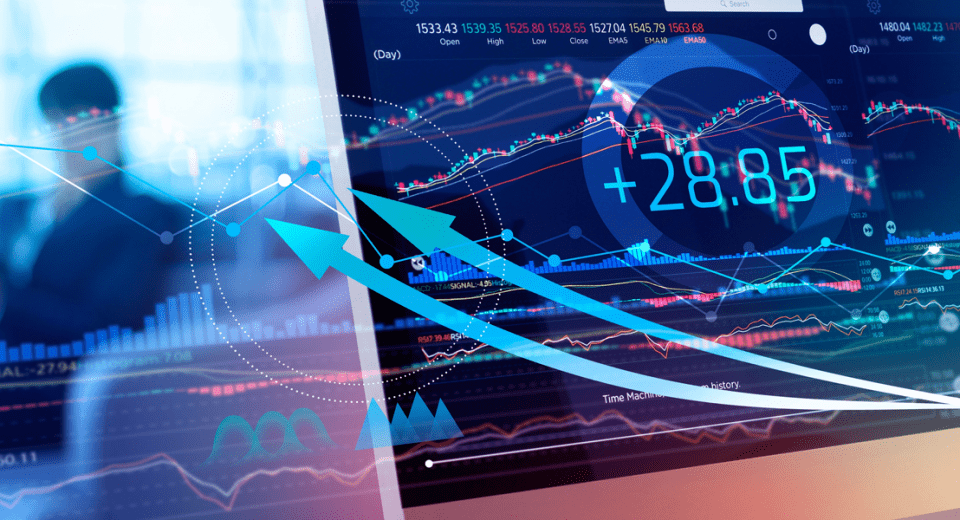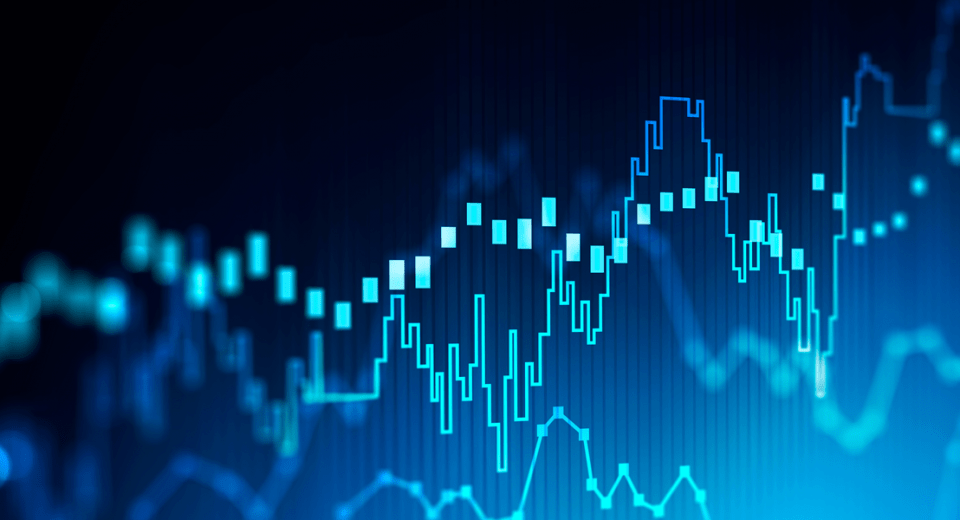The global forex market reached its highest ever trading volume of $6.6 trillion a day in 2019, according to the September 2019 triennial report, released by the Bank of International Settlements (BIS). This huge interbank decentralised market continues to flourish despite the ongoing global slowdown. From regular 9 to 5 employees to people in between employments and even retired folk, FX trading has become a popular choice of investment for many, due to the surge in global internet connectivity in the past decade.
Online forex trading also allows businesses to transact or buy currencies in different countries. A huge network of global currency traders, working around the clock, makes the forex market the largest and most liquid financial space.
Also, with the advent of robust online trading platforms and regulatory oversight, trading has become safer for participants than ever before.
If you are considering becoming a part of this global market, here are some things you should know before starting out.
1. Only a Few Currencies are Traded Extensively
The United Nations recognises 180 currencies globally, as of 2019. Yet, only a few of these currencies are traded in large volumes in the forex market. The US Dollar (USD), being the world’s reserve currency, accounts for 89% of all forex transactions. Other major currencies include the Euro (EUR), Japanese Yen (JPY), Swiss Franc (CHF), Great British Pound (GBP), Canadian Dollar (CAD) and the Australian Dollar (AUD). The Chinese Renminbi (CNY) has also surged in popularity in recent times. These tend to be the most liquid currencies in the market.
2. It is Important to Choose the Right Broker
A regulated broker can help make your trading journey safe and satisfactory. For long term success, it is useful to have peace of mind while making trading decisions. Different countries have their own financial regulatory authorities, like the UK FCA, EU-based ESMA or US SEC. These financial watchdogs supervise the working of brokers, to ensure that your funds are protected and you are aware of the associated risks while trading. Licensed brokers are bound by the stringent regulatory framework, while also being better equipped to provide prompt customer service, robust trade terminals and comprehensive education.
3. Currency Rates are Impacted by External Events
Several factors impact the exchange rates. To be able to successfully predict price movements, traders keep a close watch on macroeconomic and political developments, such as central bank announcements, release of economic data like GDP, trade tariffs, inflation figures, unemployment rate and manufacturing indices. Political instability can also lead to fluctuations in forex prices. An economic calendar can be a good way to stay tuned to the latest and accurate global financial news.
4. Stay Prepared for Losses Initially
It takes a while to get acclimatised with market movements and chart patterns. These are times when you might incur some losses initially. In fact, even the best forex traders face losses from time to time. It is part and parcel of the trading journey. The key is to not let losses deter you. Use them to learn and improve your trading strategy. In addition, ensure a proper risk management strategy for every trade, to limit losses and protect gains.
5. Leverage Can Multiply Profits as Well as Losses
One of the interesting aspects of forex trading is the ability to use leverage. Traders can open large positions with small account capital. While this increases exposure at a fraction of the cost, it increases the potential for both profits and losses. So, consider choosing leverage that suits your risk profile and long term goals. Over leveraging can wipe out your entire account, if the market moves against you.
6. Keep Your Strategies Simple
When starting out, consider choosing simple strategies. Over complicating things could lead to stress and impact trading decisions. For example, try to restrict the use of technical indicators to just a few that you are comfortable with. Contradictory signals could lead to confusion or loss of good trading opportunities.
7. Emotions are Disastrous for Long Term Success
Trading decisions need to be made objectively. Allowing emotions to colour your decisions could lead to overtrading or prematurely closing positions. While some traders want to recoup losses by entering into random trades, others often let winning positions run longer than necessary, in the hope of greater profits. Emotions like greed and revenge can prove disastrous. Trading success usually depends on sound market analysis and a defined trading strategy. Various technical indicators can help in locating viable entry-exit points, while risk management tools like stop-loss orders are useful for limiting losses.
8. Patience and Discipline are Necessary Attributes
While emotions are best avoided, patience and discipline are indispensable. Some traders become impatient and get out of positions too quickly or give up trading after a string of losses. Frustrations can also lead to poor decisions, such as overleveraged trades for quick gains or chasing the markets without any research. Disciplined trading involves having a plan and sticking to it. Traders often keep meticulous records of their past trades, so that they can go back to them and learn from mistakes.
9. Successful Traders Never Stop Learning
The financial markets are constantly evolving, which makes it a good idea to constantly learn and evolve with the markets. New technical tools, strategies, trading instruments and more are introduced to the markets fairly regularly. The only way to stay abreast of all these changes is to have a learning mindset. Consider using a demo account to tweak tried and tested methods, in order to create new strategies. You could source information from various seasoned traders, analysts, investment specialists, knowledge portals and news agencies. There are many industry workshops and seminars held from time to time, attended by thousands of traders. These offer not just learning opportunities but also chances for networking.
10. Good Health and Mental Stamina are Important Too
Exhaustion and stress are a reality of any profession and trading is no different. If you are a regular trader, consider taking breaks from time to time. A sound mind is essential for maintaining alertness and for robust decision making. It is not uncommon to see ailments like cardiovascular diseases and mental stress in the trader community. Exercise regularly and eat well, to be able to deal with challenging situations effectively.
Smart trading is all about choosing a regulated broker, staying informed, utilising a robust trading platform and picking the right trading tools.
Reference Links
Start Trading in 3 easy steps
1
Complete the Application Form
It takes just minutes for us to verify your identity and set up your account.
2
Download MT4 Platform
Download MT5 and trade via your desktop, mobile or tablet. No minimum deposit required.
3
Start Trading
Trade more than 60 products (Forex, CFDs & Commodities)





